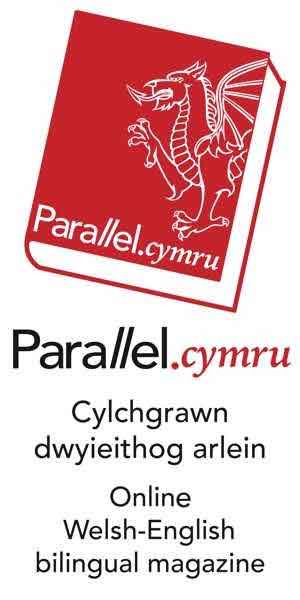
Welsh Keywords: Dinasyddiaeth
From Planet 231
by Daniel G. Williams
According to Geiriadur Prifysgol Cymru (the standard historical dictionary of the Welsh language) the word ‘dinasyddiaeth’ (‘citizenship’) was first recorded in 1630 in reference to a ‘gŵr rhydd o ddinasyddiaeth Grist’ (‘free man belonging to the citizenship of Christ’ or possibly, ‘a man free of the citizenship of Christ’), followed in 1677 with a reference to people ‘y mae ganddynt eu dinasyddiaeth yn y nêf’ (‘who have their citizenship in heaven’). ‘Dinas’ means ‘city’, or occasionally in the Bible a small town or village. In the context of dinasyddiaeth in the seventeenth century ‘dinas’ seems to have been closely associated with God, denoting ‘the heavenly city’1. The English word ‘citizenship’ also dates from the seventeenth century, with early usage denoting the rights of freedom within a literal city2. It might be suggested that English ‘citizenship’ in its dominant meaning refers to a material reality, while the Welsh ‘dinasyddiaeth’ belongs predominantly to faith and belief. In contemporary Wales the concept of citizenship/dinasyddiaeth, though well established in political philosophy and constitutional debate, remains more a matter of faith than reality. For, as Eluned Gramich illustrated in her moving and powerful essay on the ‘naturalisation’ of her German father at his Cardiff citizenship ceremony in Planet 229, there is no Welsh citizenship3. People are naturalised into Britishness, even if the naturalisation ceremony may include some token bilingualism in Wales.
Sign in to read more

